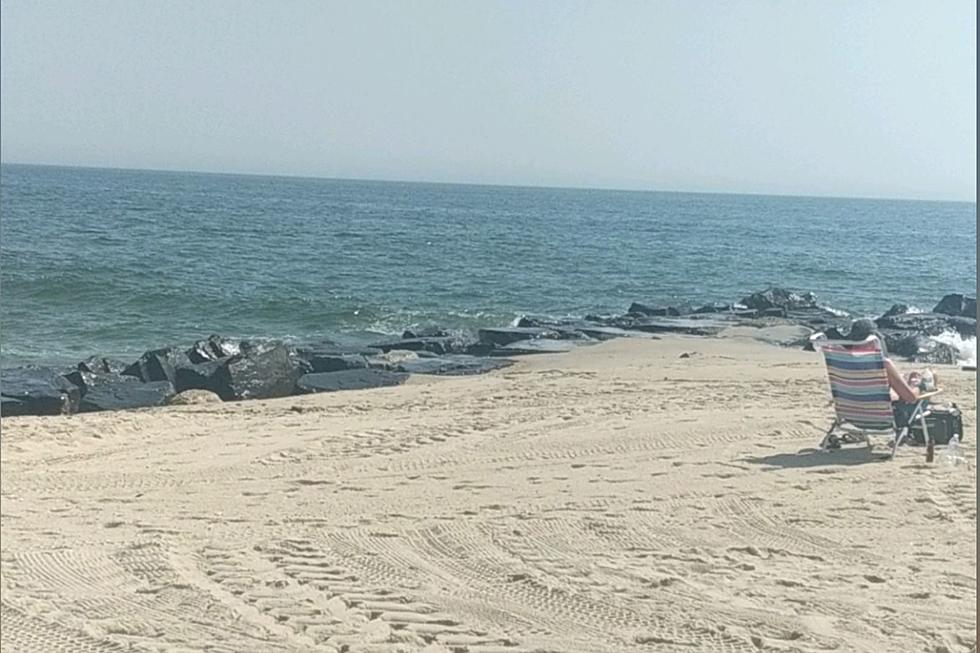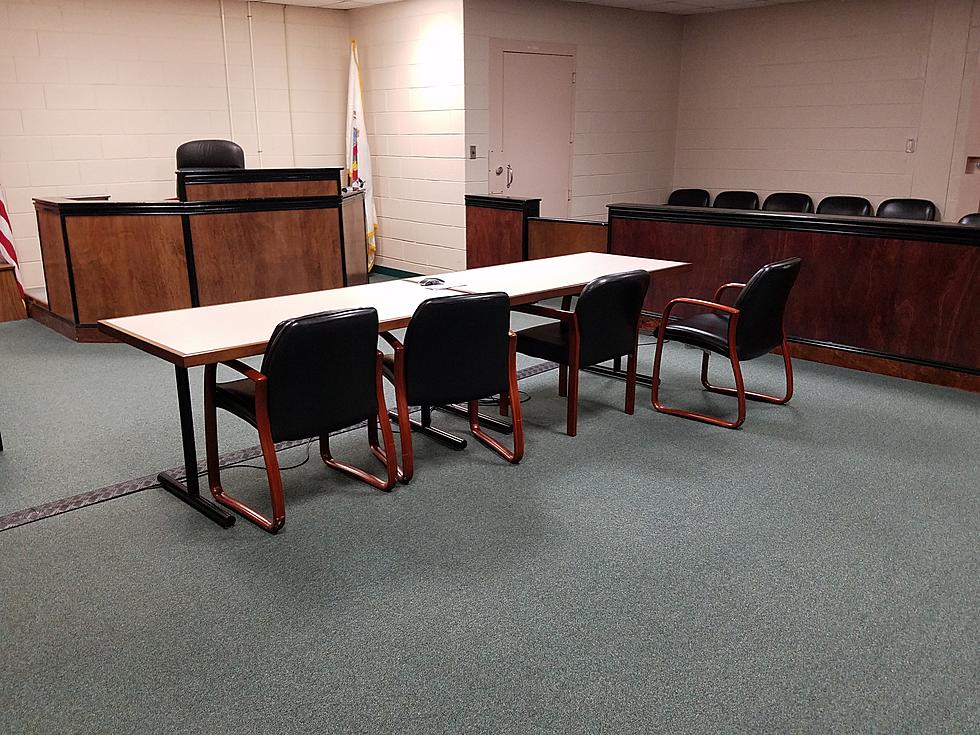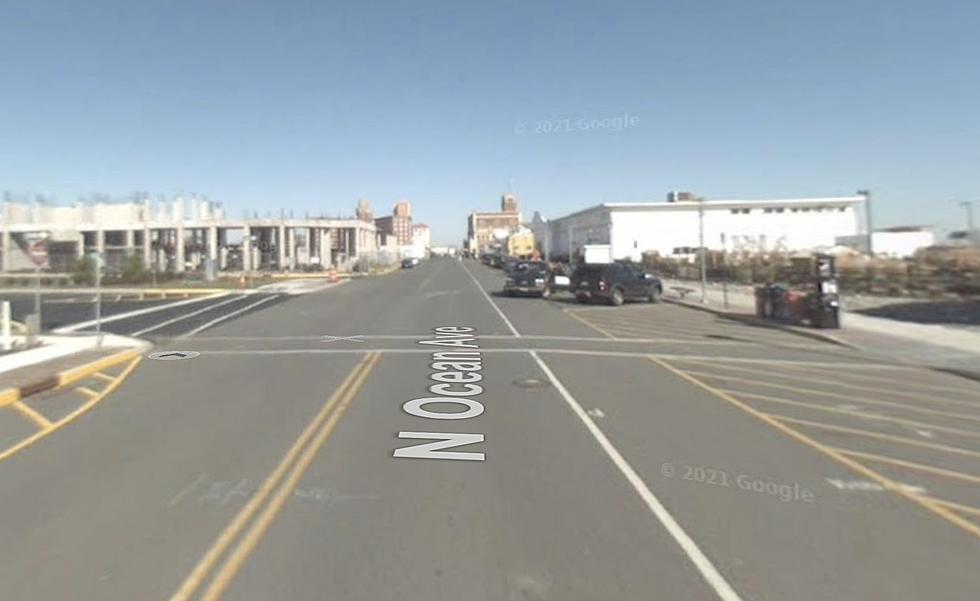
NJ beach closed by ‘floatable’ waste reopens — Henri likely to blame
A Monmouth County beach was reopened Friday morning after being closed because of "floatable washup" on Thursday.
According to a tweet by the DEP, the “floatable” was found at Pavilion Beach in Monmouth Beach. Heath inspectors from the Monmouth County Regional Health Commission cleaned and raked the beach overnight.
Monmouth County Regional Health Commission Officer David Henry told New Jersey 101.5 his team started work in the afternoon and worked into the night to clear it away.
Henry said the "floatables" were vegetation and tree branches which also contained some medical waste, including syringes.
"As soon as we heard something washed up on the beach we went into action as soon as possible," Henry said. The DEP's protocol is to contact both the commission and the Monmouth County Health Department, according to Henry.
The DEP's beach closure and advisory map showed the beach was reopened. A visitor to the beach on Friday morning was allowed to walk onto the beach after being cleared by the county health department.
Kari Martin of Clean Ocean Action told New Jersey 101.5 that the heavy rain from Tropical Storm Henri overwhelmed systems along the New Jersey coast and in New York City, similar to what happened in July when medical waste washed up along several beaches.
Henri not only dropped over 8 inches of precipitation in the Cranbury/Helmetta/Jamesburg area but Central Park recorded the highest amount of rain ever to fall in one hour on Saturday when nearly 2 inches fell between 10 and 11 p.m.
"It's probably to be expected to see this kind of event because of the way the systems are built, the aging infrastructure and the onshore flow after a heavy rain," Martin said.
Martin said that as long as people are littering and discarding things improperly, waste will continue to wash up onto New Jersey beaches when systems are flushed out after heavy rains.
Beachwood Beach West in Ocean County remains closed as it is still testing high for fecal bacteria at 140 cfc, which is higher than the limit of 104 cfc per 100 milliliters of sample.
High levels of bacteria could cause gastrointestinal and respiratory issues for swimmers.
Contact reporter Dan Alexander at Dan.Alexander@townsquaremedia.com or via Twitter @DanAlexanderNJ
LOOK: Here are the pets banned in each state
25 True Crime Locations: What Do They Look Like Today?
NJ towns and their nicknames
More From Beach Radio










